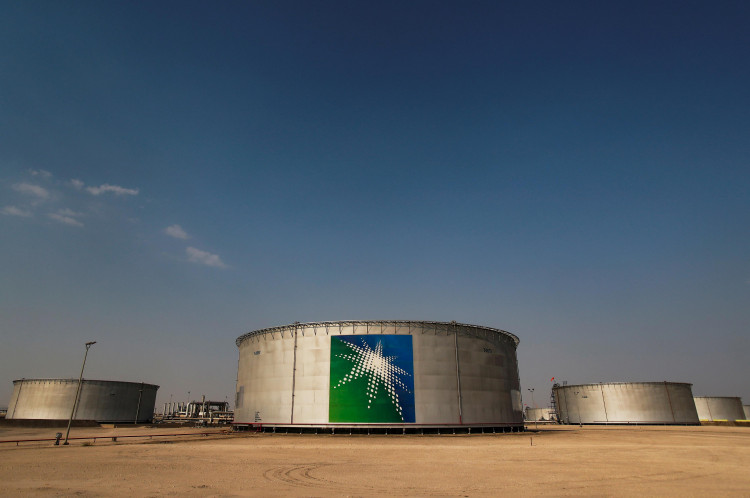Saudi Arabia's finance minister on Monday said the kingdom will triple its Value Added Tax and stop payments to citizens on a monthly basis in new austerity measures in the midst of an economic slump caused by the coronavirus.
The cost of living allowance has been agreed to be halted from June 2020 and VAT will be increased from 5 percent to 15 percent from July 1, Minister Mohammed al-Jadaan disclosed, as per the official Saudi Press Agency.
Based on reports by the Saudi Press Agency, the moves taken to boost revenues and enhance spending are estimated at around 100 billion riyals ($26.6 billion) in total.
In a telephone interview on Monday, Finance Minister Mohammed Al-Jadaan said that total spending for 2020 will stay similar to what was expected as money saved is re-allocated to health care and business assistance.
Al-Jadaan said the priorities are people's health care and livelihood, adding that the Kingdom wants to ensure its fiscal stability be able to sustain the market when the economy emerges from the lockdown.
The measures come after Jadaan warned last week of "painful" and "drastic" steps as the country fast-tracks its emergency initiatives to cut expenditures in the midst of the global health hazard's double shock and record low oil prices.
Together with other Gulf states, Saudi Arabia imposed a 5 percent tax on goods and services in 2018 in a bid to kick-start more sales.
The petro-state had also launched billions of dollars worth of handouts to residents, known as the cost of living allowance, to offset the effect of ballooning costs.
At the same time the central bank of Saudi Arabia saw its foreign reserves drop at their fastest pace in the last 20 years and at their lowest level since 2011.
The Kingdom secured a record $25.6 billion in 2019 in the initial public offering of shares in Riyadh's state-run oil giant Aramco.
The share sale was at the heart of plans by Crown Prince Mohammed bin Salman to modernize the economy and wean it away from reliance on oil.
Jadaan has stated that he expects Riyadh to lose some 50 percent of its oil profits, which accounts for about 70 percent of public sales, as oil prices have fallen by two-thirds since the beginning of 2020.
He added that the kingdom would borrow nearly $60 billion this year from the world's leading crude exporter to contain a burgeoning budget shortfall. In April, the International Monetary Fund estimated that this year the Saudi economy would contract by 2.2 percent.






